
views
X
Trustworthy Source
PubMed Central
Journal archive from the U.S. National Institutes of Health
Go to source
Don’t worry—you’re not alone. We’re here to walk through plenty of helpful tips that will help you adjust your diet, make lifestyle changes, and better understand your AMH levels.
Eat a balanced diet to improve your fertility.

Eating a healthy diet can improve the health of your ovaries and eggs. Choose foods that are full of antioxidants, healthy fats (such as omega-3s), lean protein, and vitamins. Some healthy foods include: Seafood (halibut, salmon) Seeds (pumpkin, sesame) Spices (turmeric, ginger) Leafy greens Beans Broccoli Berries (strawberries, blueberries)
Take a vitamin D supplement every day.
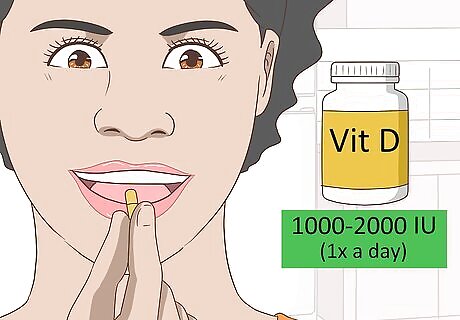
Vitamin D has been shown to directly increase AMH levels. With this in mind, take a 1000-2000IU (international unit) supplement 1 time a day. Vitamin D can also keep your ovaries healthy once you've been taking it for several weeks. Always talk with your health care provider before adding any nutritional supplements to your diet. Vitamin D can affect calcium absorption so let your doctor know if you're taking calcium supplements or antacids.
Add a daily DHEA supplement to your diet.
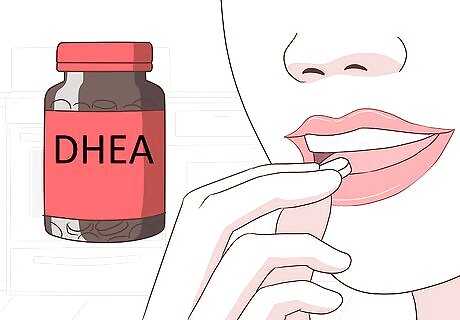
Taking a 25 mg supplement 3 times a day can improve your hormone balance. Studies have shown that the longer you supplement with DHEA, the steadier your AMH levels will rise. If you're taking insulin, cancer treatments, or other hormone treatments, ask your doctor before adding a DHEA supplement. AMH levels increased more in young women with premature ovarian aging than in older women with diminished ovarian reserves. If you experience headaches, fatigue, nausea, or congestion, ask your health care provider if you should keep taking the supplement.
Take fish oil and wheat germ supplements every day.
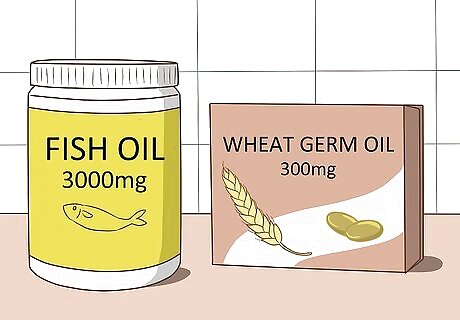
This can help raise AMH levels and keep your ovaries healthy. Add 3000 mg of fish oil and 300 mg of wheat germ oil to your daily diet. Depending on the type of supplement you buy, take these as a single dose or throughout the day. If you're taking weight loss pills or blood pressure medication, talk with your doctor before adding fish oil and wheat germ supplements. If you're pregnant or nursing, talk with your health care provider before starting the supplements since the fish oil could contain mercury. Buy fish oil supplements from local natural grocers, supermarkets, or supplement stores.
Reduce your intake of sweetened and processed foods.
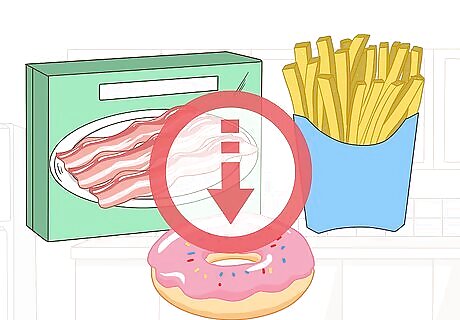
Healthy, nutrient-rich foods are best for your reproductive system. Instead of eating foods that are high in sugar, calories, and saturated fats, choose nutrient-dense foods. This way, your reproductive system will get vitamins and minerals instead of using them to digest overly processed foods. For example, avoid eating fried foods, sweet baked goods and desserts, and processed meats. High-rates of alcohol consumption have been shown to reduce fertility. If you're trying to get pregnant, limit the amount of alcohol and caffeine you drink as much as possible.
Exercise to reach a healthy weight.

Women who are overweight or underweight can have irregular cycles and hormone imbalances. Talk with your doctor about your ideal body mass index (BMI), and try to be active throughout the week to meet it. Research has shown that diet, exercise, and weight loss increases AMH levels in overweight women.
Do activities that reduce your stress levels.

Higher stress levels are related to lowered AMH levels in women with fertility troubles. To increase your AMH levels, try to reduce your stress. Some popular stress-reducing activities include: Yoga Breathing exercises Progressive muscle relaxation Tai chi
Get acupuncture.
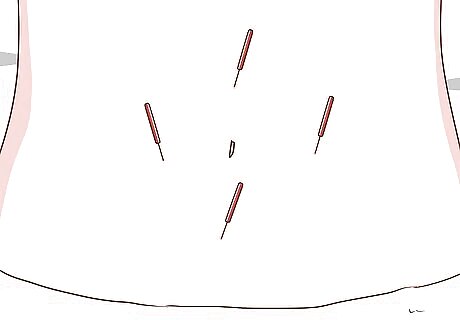
Acupuncture has long been believed to improve fertility. Choose an acupuncturist who's trained in fertility disorders. If you're planning on having in-vitro fertilization, get acupuncture treatments every week for 3 to 4 months before insemination. Check with your health insurance to determine if acupuncture treatments are covered. Keep in mind that more research is needed to show how acupuncture can raise AMH levels.
Try fertility massage to increase blood flow.
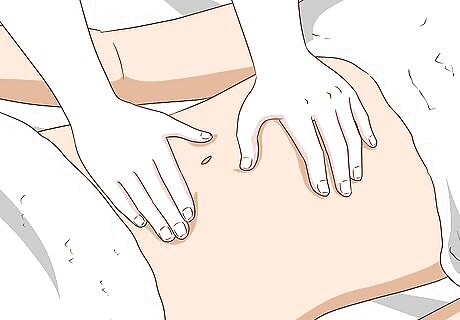
Regular, or even daily, massages can stimulate your reproductive system. To improve the blood flow to your reproductive system, hire a licensed massage therapist to massage your abdomen. You may be able to find a therapist who's trained in Maya abdominal massage. Get massages every week except for when you're menstruating. Improved blood flow to your ovaries and uterus can improve your reproductive health.
Quit smoking.

Researchers are conflicted about whether smoking directly impacts your AMH levels. It is agreed that the chemicals in cigarettes can harm your reproductive system. Talk with your doctor about smoking cessation programs or treatments that can help you quit or at least cut back on the number of cigarettes you smoke. Look into local support groups. You may also find a support group that's focused on improving fertility.
Check your current AMH levels.
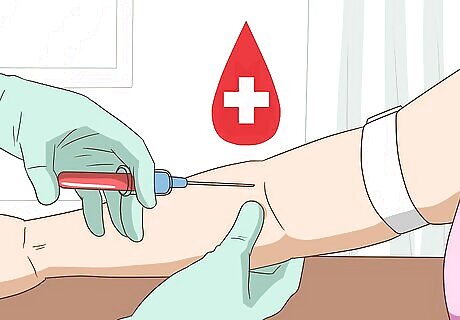
You can have your AMH levels tested at any time. Your health care provider will take a sample of blood from your arm. The sample will be sent to a lab for testing and your AMH level will be analyzed. Birth control won't affect your AMH levels, so it's fine to be tested if you're taking oral contraceptives.
Compare levels of AMH levels based on your age.
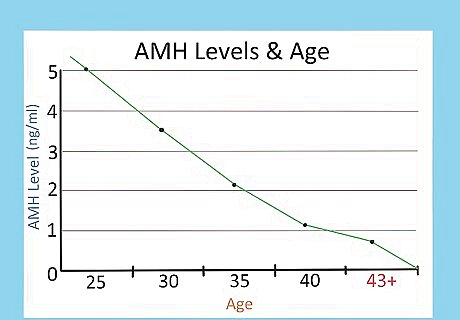
Fertile women's AMH levels are usually between 1.0 and 4.0 ng/ml. An AMH level below 1.0 ng/ml can indicate a low egg reserve. Since AMH levels reduce as you age, these are standard levels based on age: 25 years old: 5.4 ng/ml 30 years old: 3.5 ng/ml 35 years old: 2.3 ng/ml 40 years old: 1.3 ng/ml Over 43 years old: 0.7 ng/ml




















Comments
0 comment